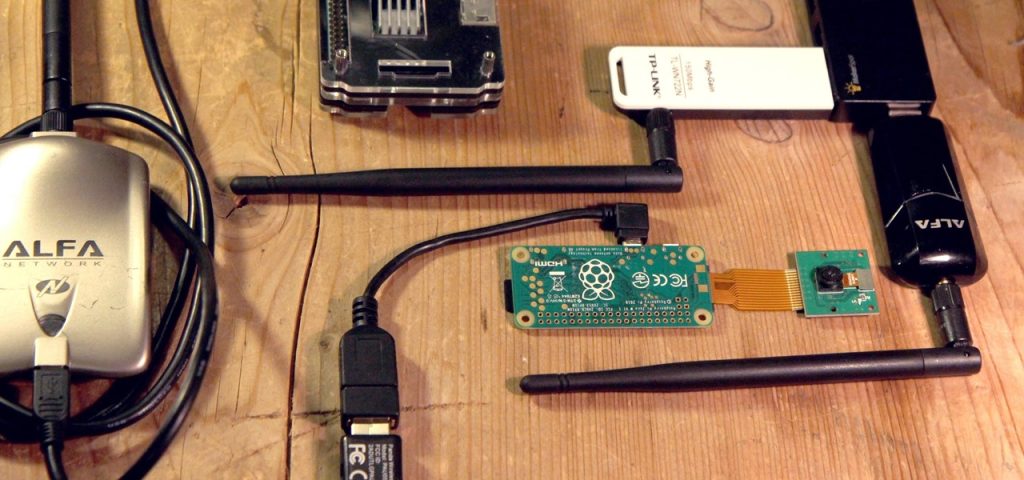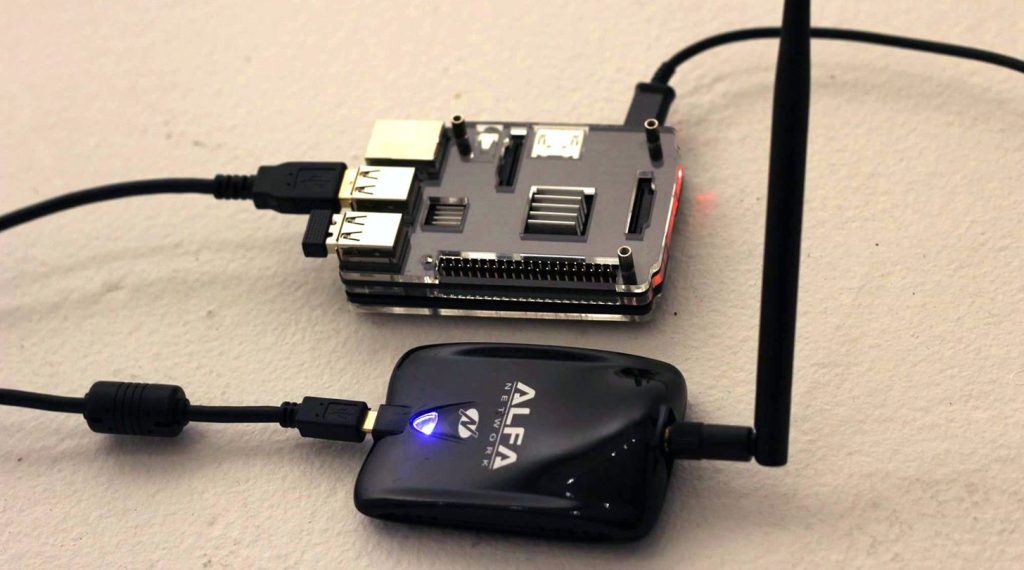Wifi Adapter Packet Injection Test: Ensuring the Security of Your Wireless Network
Introduction
In the fast-paced digital era we live in, wireless networks have become an integral part of our daily lives. We rely on Wi-Fi connections for everything, from staying connected with friends and family to conducting business transactions. However, with this increased reliance on wireless networks, the importance of ensuring their security cannot be overstated. Wifi adapter.
One of the crucial aspects of Wi-Fi network security is packet injection testing. This article will delve into the concept of Wi-Fi adapter packet injection testing, its significance, and how it plays a pivotal role in safeguarding your wireless network. So, let’s embark on this journey to understand the ins and outs of this vital security measure.

Wifi Adapter Packet Injection Test: Explained
Packet injection testing is a method used to evaluate the security and robustness of a Wi-Fi network. It involves sending specially crafted packets into the network to assess how it responds to different types of data. The goal of this testing is to identify vulnerabilities and potential entry points that malicious actors could exploit.
Why is Packet Injection Testing Important?
Packet injection testing is a vital step in ensuring the security of your wireless network. By performing this test, you can proactively identify weaknesses in your network infrastructure and take appropriate measures to strengthen its defenses. This preemptive approach helps prevent unauthorized access, data breaches, and potential network hijacking attempts.
How Does Packet Injection Testing Work?
To execute a packet injection test, you need a Wi-Fi adapter capable of injecting packets into the network. This capability allows the adapter to simulate various network conditions and responses. The testing process involves sending different types of packets, including data packets, management packets, and control packets, to analyze how the network reacts.
The Role of LSI Keywords in Packet Injection Testing
LSI (Latent Semantic Indexing) keywords play a significant role in packet injection testing as they ensure that the test covers a wide range of relevant terms and concepts. When crafting test packets, incorporating LSI keywords ensures that the test is comprehensive and mimics real-world scenarios more accurately.
How to Conduct a Wifi Adapter Packet Injection Test?
Now that we understand the importance of packet injection testing let’s dive into the step-by-step process of conducting the test.
1. Selecting the Right Wifi Adapter
The first and foremost step in conducting a successful packet injection test is choosing the right Wi-Fi adapter. Not all adapters support packet injection, so it’s crucial to research and select a compatible adapter that meets your testing requirements.
2. Install the Necessary Drivers
Once you have the right adapter, ensure that you install the appropriate drivers for it. Properly installed drivers enable the adapter to perform packet injection efficiently and accurately.
3. Choose the Testing Tool
Select a reliable and reputable testing tool that supports packet injection testing. There are various open-source and commercial tools available, such as Aircrack-ng and Wireshark, which provide comprehensive testing capabilities.
4. Prepare the Test Environment
Before running the test, set up a controlled environment that closely resembles your actual Wi-Fi network. This ensures that the test results accurately reflect your network’s vulnerabilities and potential weaknesses.
5. Craft Test Packets
Create a variety of test packets with different payloads and data types. Incorporate LSI keywords relevant to your network to ensure the test is thorough and effective.
6. Execute the Test
Once the test environment is ready and the packets are crafted, execute the test using the selected testing tool. Observe how the network responds to the injected packets and analyze any vulnerabilities or anomalies that arise.
7. Analyze the Results
Thoroughly analyze the test results to identify any security loopholes, weak points, or potential vulnerabilities in your network. This analysis provides valuable insights into areas that require improvement and helps you develop a robust security strategy.

FAQs About Wifi Adapter Packet Injection Test
-
What is the purpose of a Wifi adapter packet injection test?
The purpose of a Wifi adapter packet injection test is to assess the security and robustness of a wireless network. By injecting specially crafted packets into the network, this test helps identify vulnerabilities and potential entry points that malicious actors could exploit.
-
How often should I perform packet injection testing on my wireless network?
The frequency of packet injection testing depends on the level of security required and the dynamic nature of your network. In general, it is recommended to perform this test regularly, especially after any significant changes to your network infrastructure.
-
Can packet injection testing cause any disruptions to my wireless network?
Packet injection testing can potentially disrupt your network if not performed carefully. It is crucial to conduct testing in a controlled environment and with caution to minimize any impact on the normal functioning of your network.
-
Can packet injection testing guarantee complete security for my wireless network?
While packet injection testing is an essential security measure, it does not guarantee absolute security. It is crucial to combine this testing with other security practices, such as strong encryption protocols, regular updates, and user education, to maintain a secure wireless network.
-
Is it possible to conduct packet injection testing without a Wifi adapter?
No, packet injection testing requires a Wifi adapter capable of injecting packets into the network. The adapter simulates various network conditions and responses to assess the network’s security.
Conclusion
In conclusion, ensuring the security of your wireless network is paramount in today’s interconnected world. Wifi adapter packet injection testing plays a vital role in identifying vulnerabilities and fortifying your network against potential threats. By proactively conducting packet injection tests, you can stay one step ahead of malicious actors and maintain a robust and secure wireless network.
Remember, packet injection testing should be performed with care and in compliance with legal guidelines. Combine it with other security measures to create a comprehensive defense strategy. Safeguarding your network is an ongoing process, so stay vigilant and keep up with the latest security practices.
You can also buy instant:


Cashapp Money Transfer Click here
Paypal Money Transfer Click here
Western Union Money Transfer Click here
Venmo Money Transfer Click here
Bank Money Transfer Click here to Contact Us


